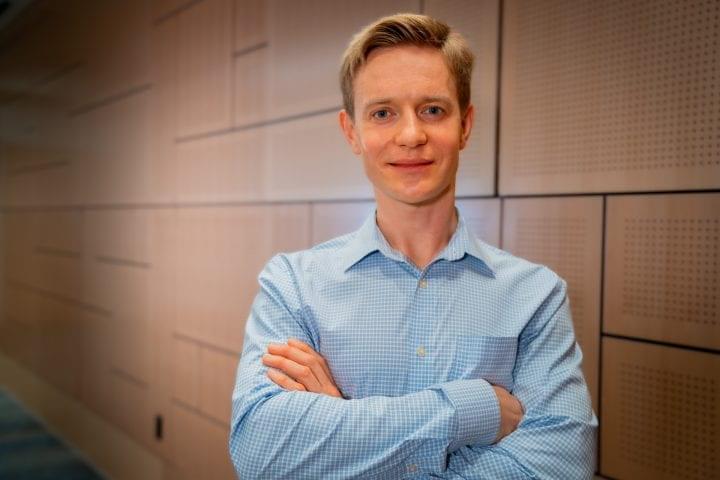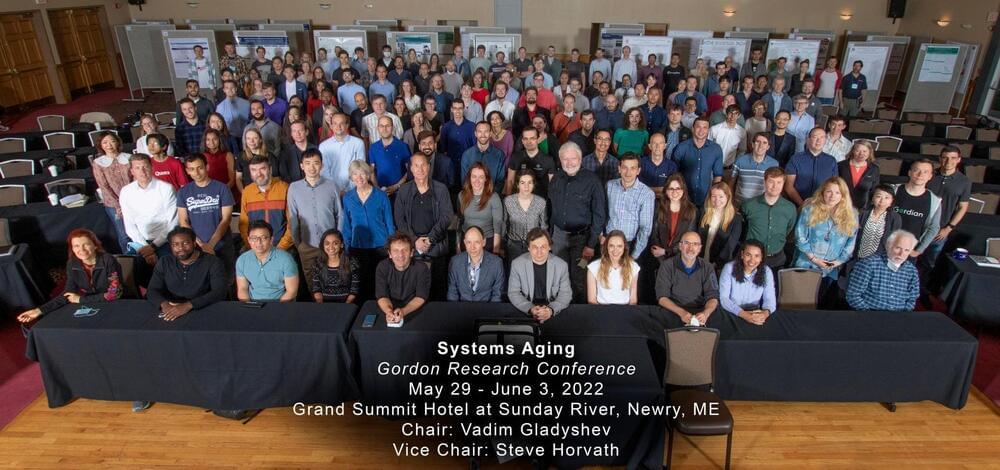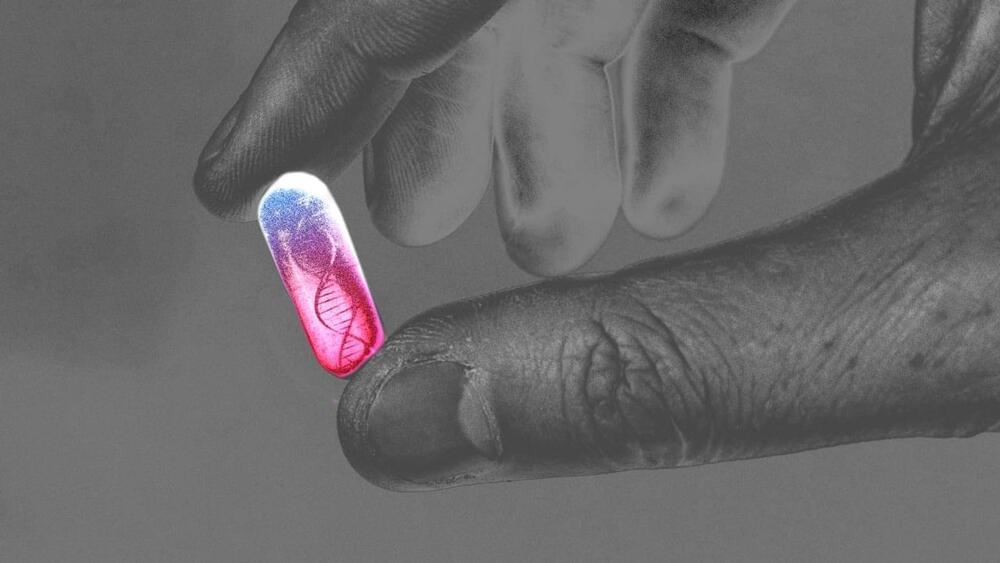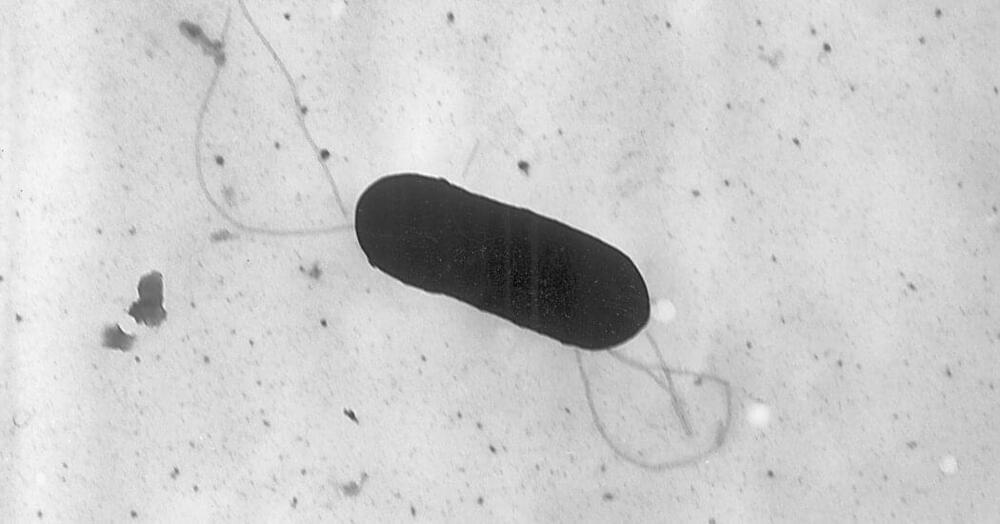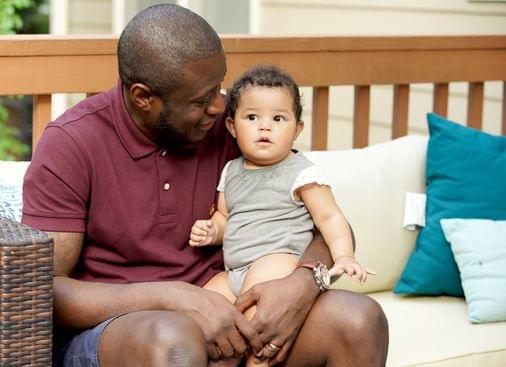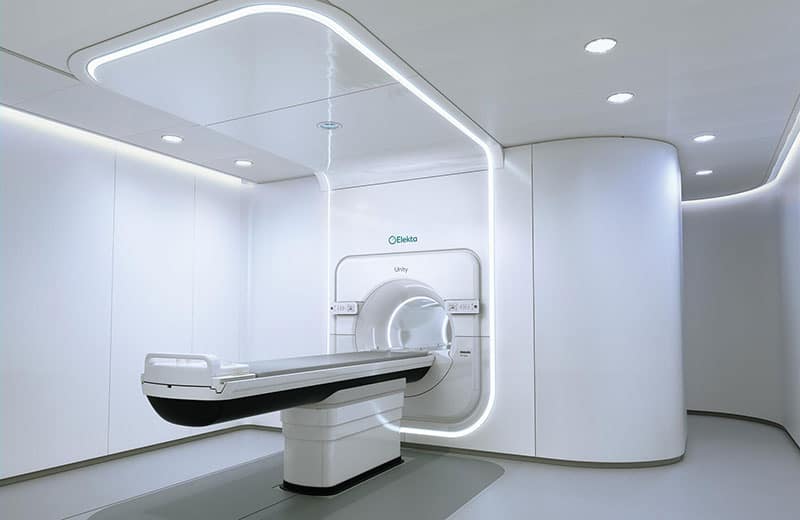Irvine, Calif., June 30, 2022 — University of California, Irvine-led researchers have discovered that a signaling molecule called SCUBE3 potently stimulates hair growth and may offer a therapeutic treatment for androgenetic alopecia, a common form of hair loss in both women and men.
The study, published online today in Developmental Cell, determined the precise mechanism by which the dermal papilla cells – specialized signal-making fibroblasts at the bottom of each hair follicle – promote new growth. Although it’s well known that dermal papilla cells play a pivotal role in controlling hair growth, the genetic basis of the activating molecules involved has been poorly understood.
“At different times during the hair follicle life cycle, the very same dermal papilla cells can send signals that either keep follicles dormant or trigger new hair growth,” said Maksim Plikus, Ph.D., UCI professor of developmental & cell biology and the study’s corresponding author. “We revealed that the SCUBE3 signaling molecule, which dermal papilla cells produce naturally, is the messenger used to ‘tell’ the neighboring hair stem cells to start dividing, which heralds the onset of new hair growth.”
